US bans all new investment in Russia, sanctions Putin’s children
As tensions heighten between the West and Russia over the latter’s military operation in Ukraine, the US and its allies are set to impose fresh sanctions on Russian banks and ban investments in the country.
The move, which is likely to be announced on Wednesday, comes after Ukraine and its Western allies, including the US, accused Moscow of committing war crimes in Bucha, a suburb of the Ukrainian capital.
The new sanctions will tighten curbs on state-owned financial institutions and other enterprises in Russia and target the country’s government officials and their families, Reuters said on Tuesday.
“Tomorrow, what we’re going to announce… in co-ordination with the G7 and EU, an additional sweeping package of sanctions measures that will impose costs on Russia and send it further down the road of economic, financial and technological isolation,” White House press secretary Jen Psaki told reporters on Tuesday.
She further said that new measures will "degrade key instruments of Russian state power, impose acute and immediate economic harm on Russia, and hold accountable the Russian kleptocracy that funds and supports (Russian President Vladimir) Putin's war.”
A senior French government official was also quoted as saying that the European Union (EU) would also likely impose new sanctions on Wednesday, with Sberbank among the banks likely to face sanctions.
The EU’s executive branch has also called for a ban on coal imports from Russia, which will be the first time the bloc has sanctioned the country’s energy industry.
European Commission President Ursula von der Leyen said the EU needed to raise the pressure on Moscow after what she described as “heinous crimes” in Bucha.
She said the ban on coal imports is worth US$4.4-billion a year and that the 27-nation bloc has already started working on additional sanctions, including on oil imports.
Europe has so far treaded cautiously, stopping short of targeting Russia’s energy sector over fears that it would plunge the European economy into recession and create a major energy crisis in the continent.
Ukrainian President Volodymyr Zelensky, in his daily nighttime video address to the country on Tuesday, said he had discussed a new round of sanctions against Russia in the wake of the Bucha killings.
“After what the world saw in Bucha, the sanctions against Russia must be commensurate with the gravity of the war crimes committed by the occupiers,” he said.
US Secretary of State Antony Blinken in his remarks on Tuesday accused Russia of waging a deliberate campaign to commit atrocities in Bucha.
“What we’ve seen in Bucha is not the random act of a rogue unit,” Blinken told reporters before heading to Brussels for a NATO foreign ministers’ meeting. “It’s a deliberate campaign to kill, to torture, to rape, to commit atrocities,” he said.
Russia has dismissed the accusations that it carried out a civilian massacre in Bucha, terming it a “monstrous forgery” staged by the West to discredit it.
Russian Foreign Minister Sergei Lavrov on Tuesday accused the West of seeking to sabotage ongoing peace talks between Moscow and Kiev by fueling "hysteria" over the alleged mass killings in Bucha.
"We are inclined to think the reason is a desire to find a pretext to break off the negotiations that are being conducted," he said, saying that the accusations came just after the two sides made "progress" in their negotiations in Turkey last week.
In a video message on Saturday, the mayor of Bucha, Anatoliy Fedoruk, claimed that 300 people had been killed by the Russian army, with some appearing to have been killed brutally.
He displayed videos and photographs, claiming that 280 bodies had been buried in mass graves while nearly 10 others had been either not buried or only partially covered by earth.
Moscow has twice requested an urgent session of the United Nations Security Council over the Bucha situation, but the United Kingdom has refused to hold the meeting both times.
Western countries, led by the US, have slapped unprecedented sanctions on Russia since Putin announced a military operation in Ukraine on February 24 to demilitarize and “de-Nazify” it.
Delegations from Kiev and Moscow have been negotiating for peace and a ceasefire in recent weeks, but the breakthrough has been eluding.
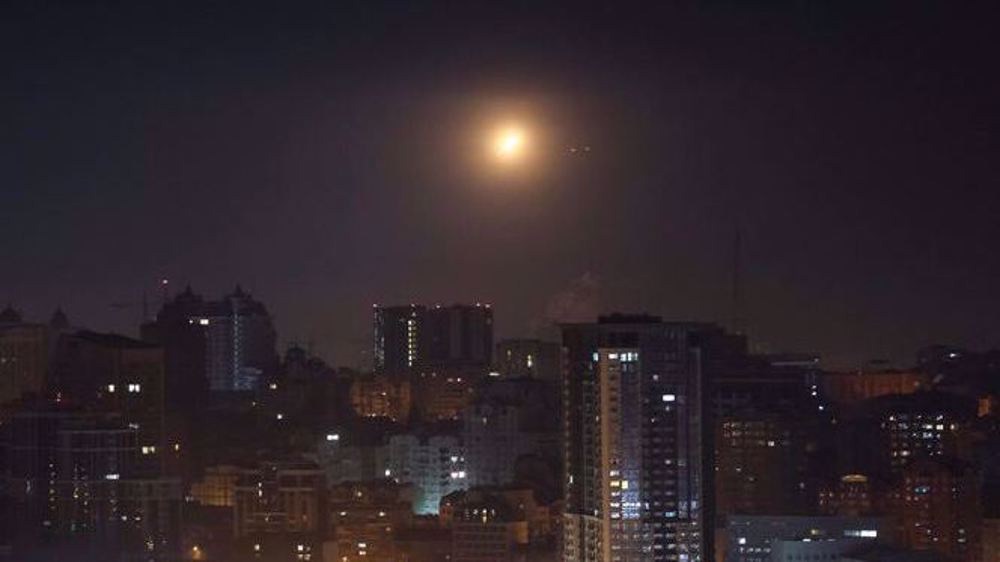
Russia launches ‘record’ strikes on Ukraine: Kiev
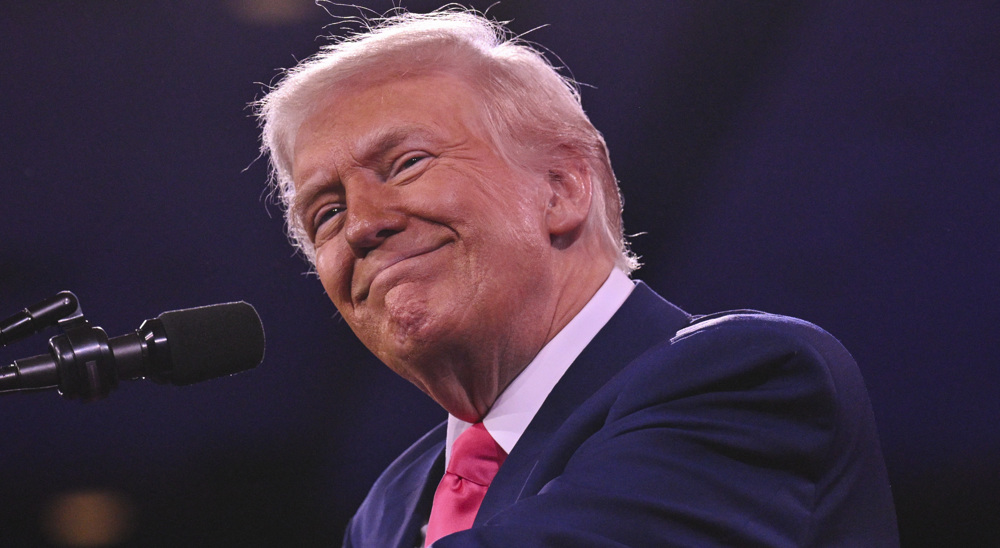
Trump wants return on Ukraine aid: ‘We’re getting our money back’
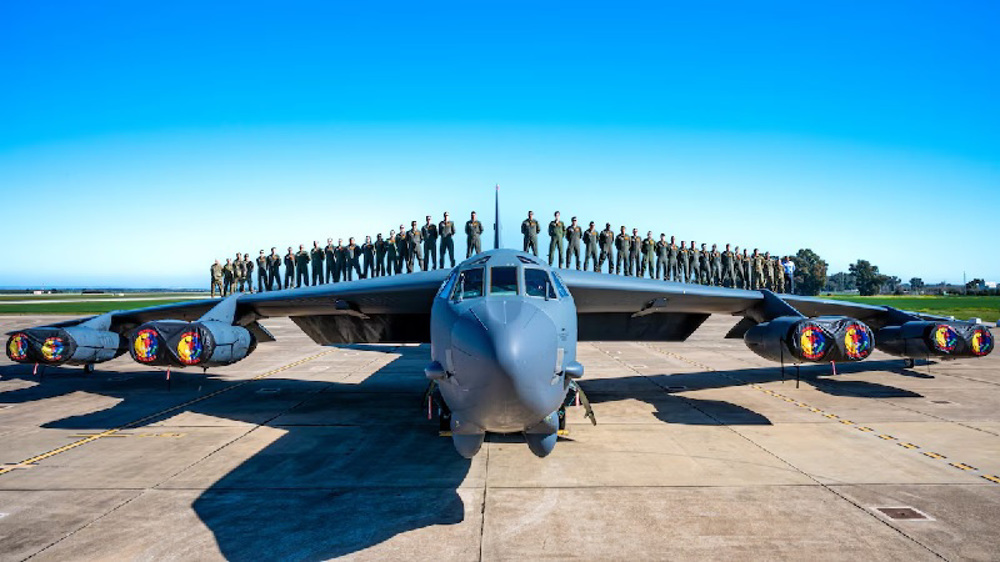
US B-52 bombers in West Asia do not scare Iran
Australian senator smeared by anti-Iran groups for saying Iranian women 'have a voice'
Hezbollah's display of power proved resistance cannot be eliminated: Iran parl. speaker
Israel escalates West Bank raids as official says regime seeking to complete Gaza genocide
Palestinian man dies in Israeli prison as Foreign Ministry urges intl. probe into regime’s crimes
Putin says not opposed to Europeans’ involvement in Ukraine talks
VIDEO | Iranian Kurdish protesters demand European action against PKK, PJAK terror
VIDEO | Israel expands offensive in northern West Bank, deploys tanks to Jenin
VIDEO | Spaniards fill streets of Cádiz in solidarity with Palestine


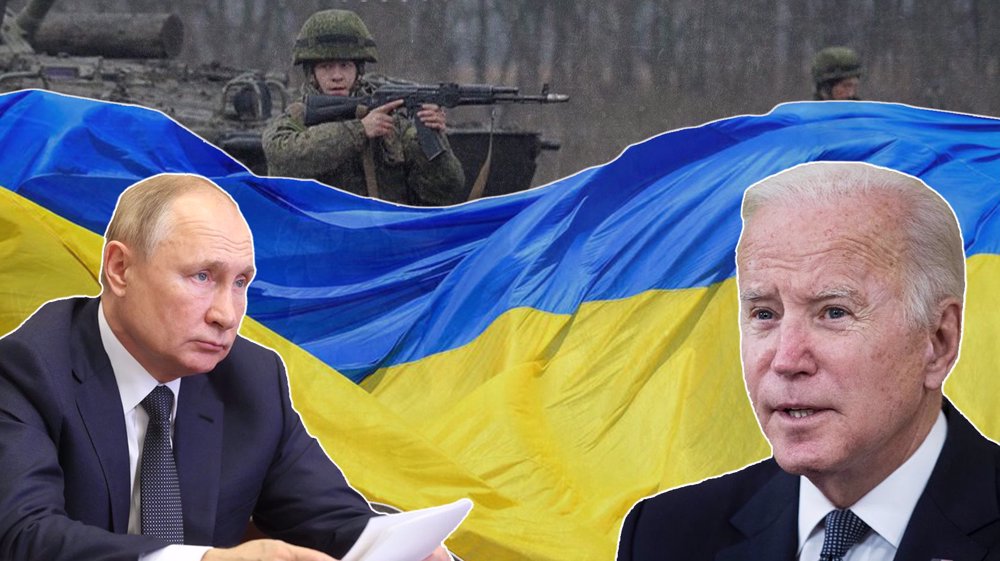
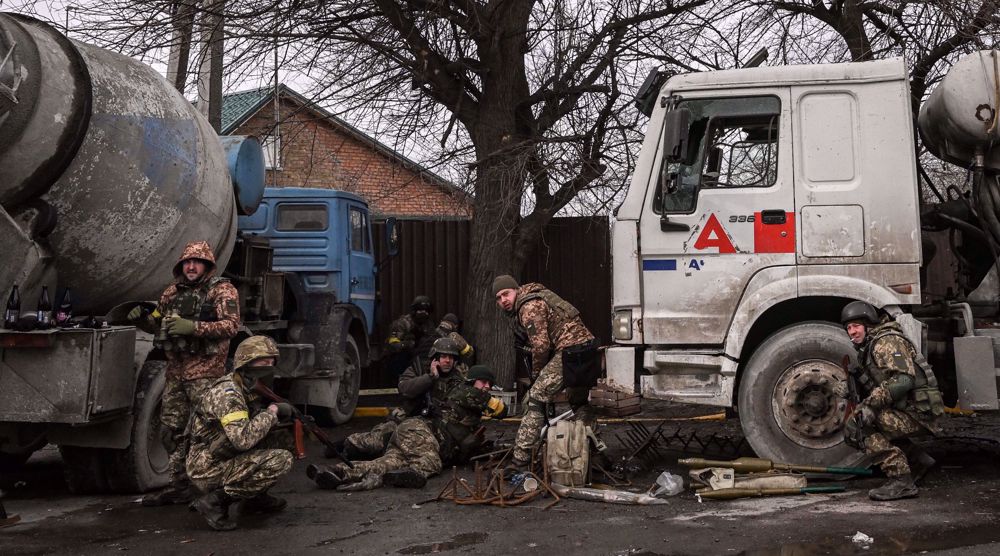
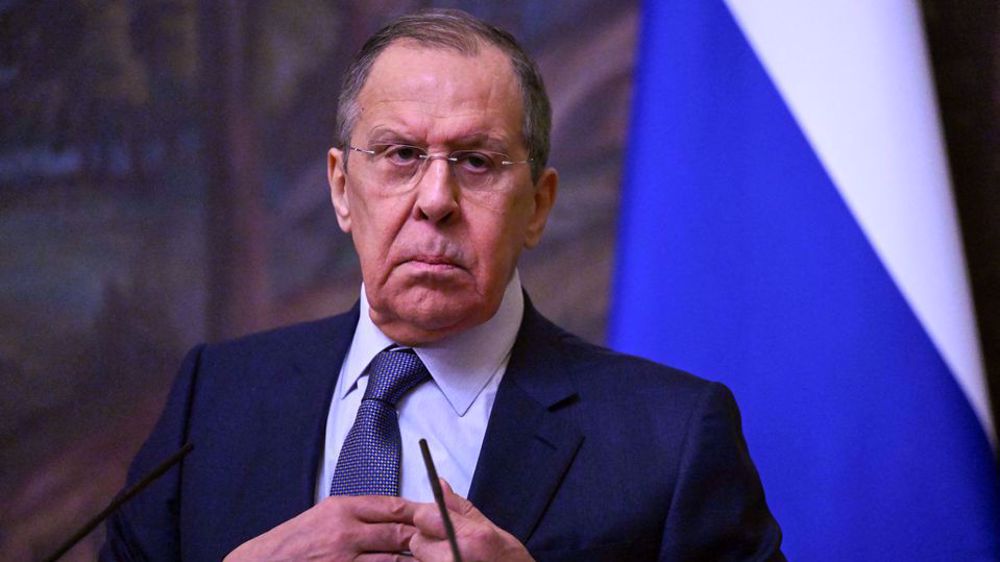



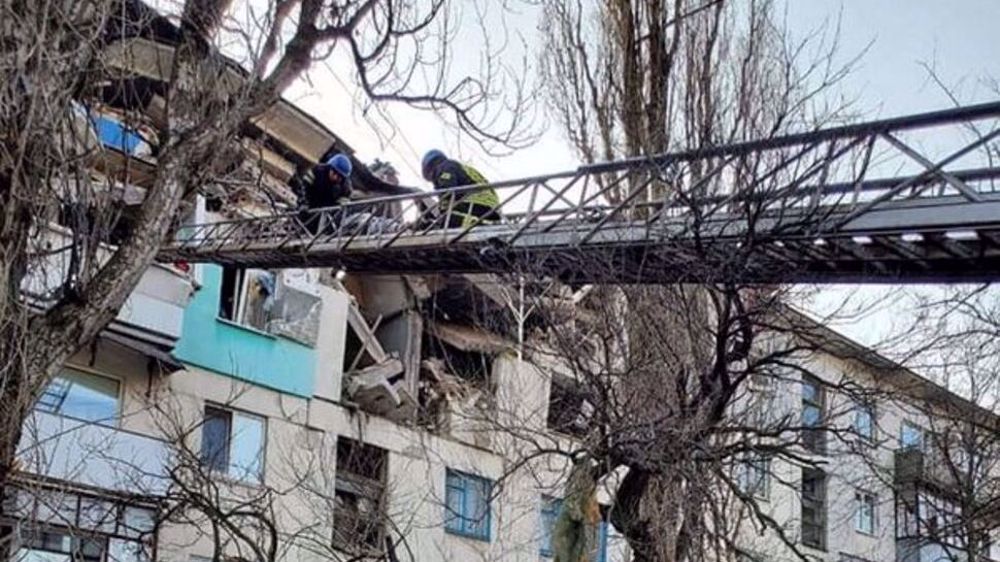
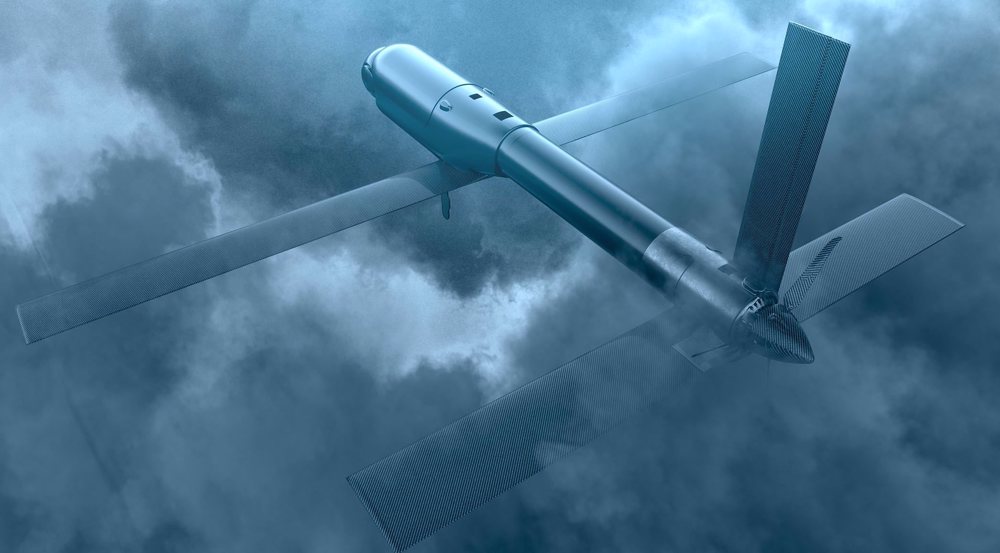
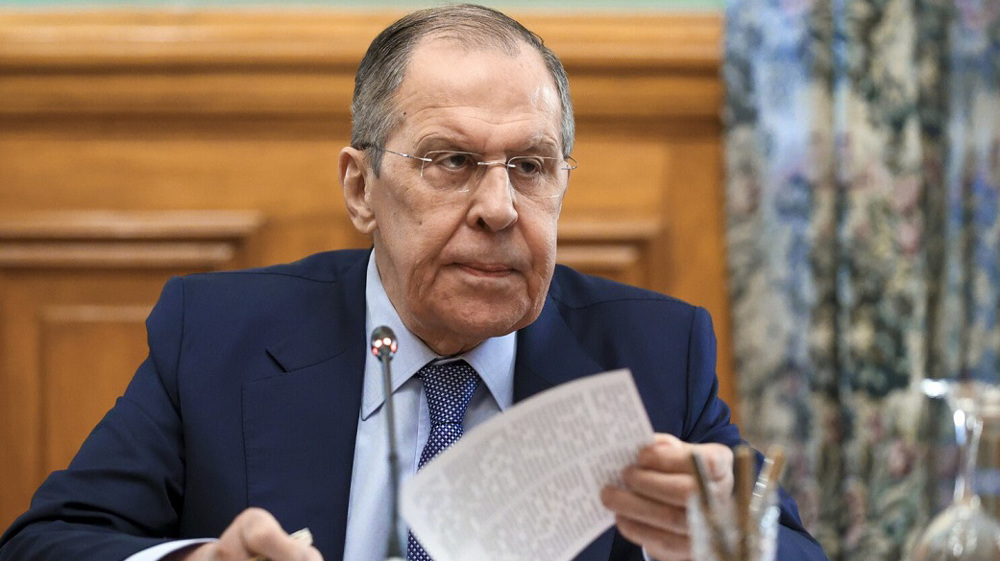
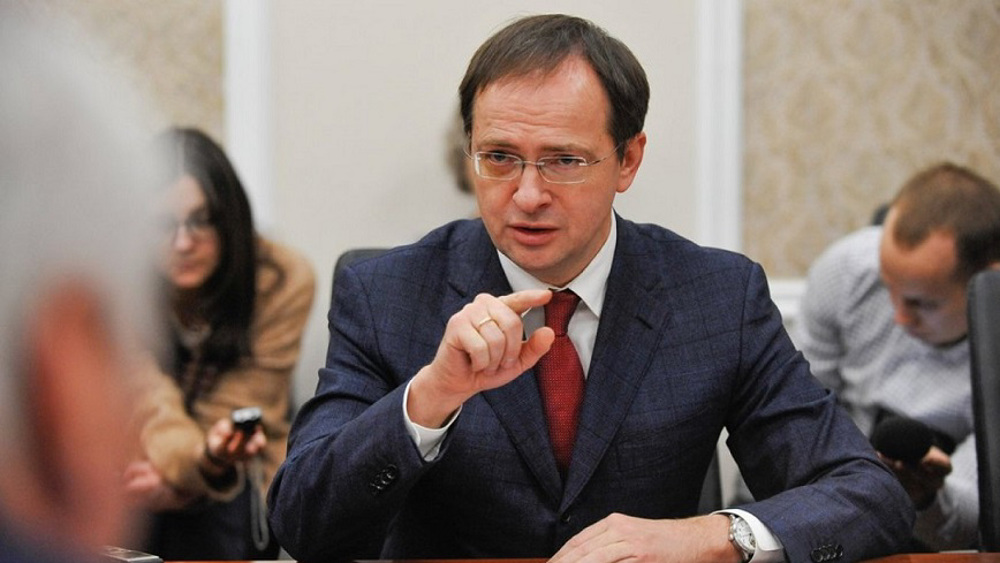
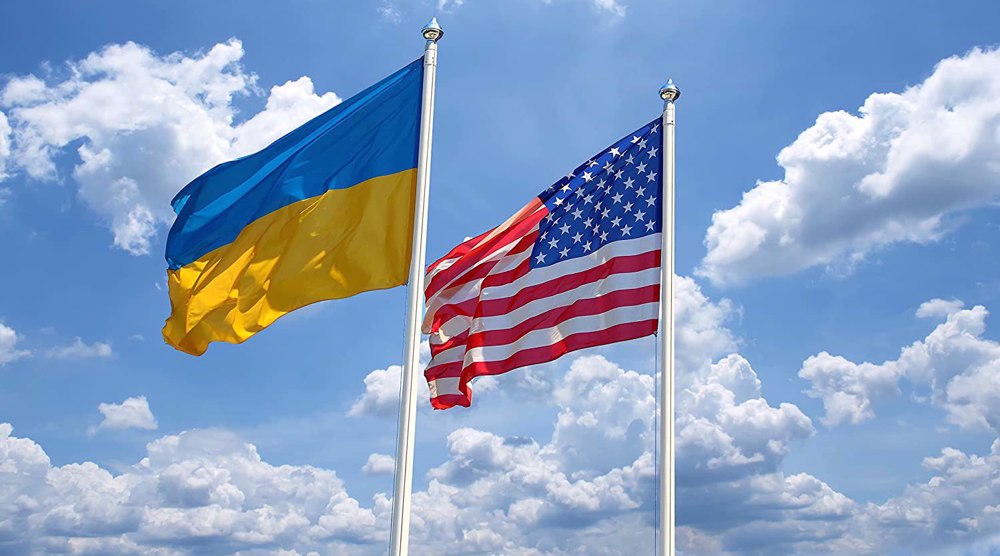

 This makes it easy to access the Press TV website
This makes it easy to access the Press TV website